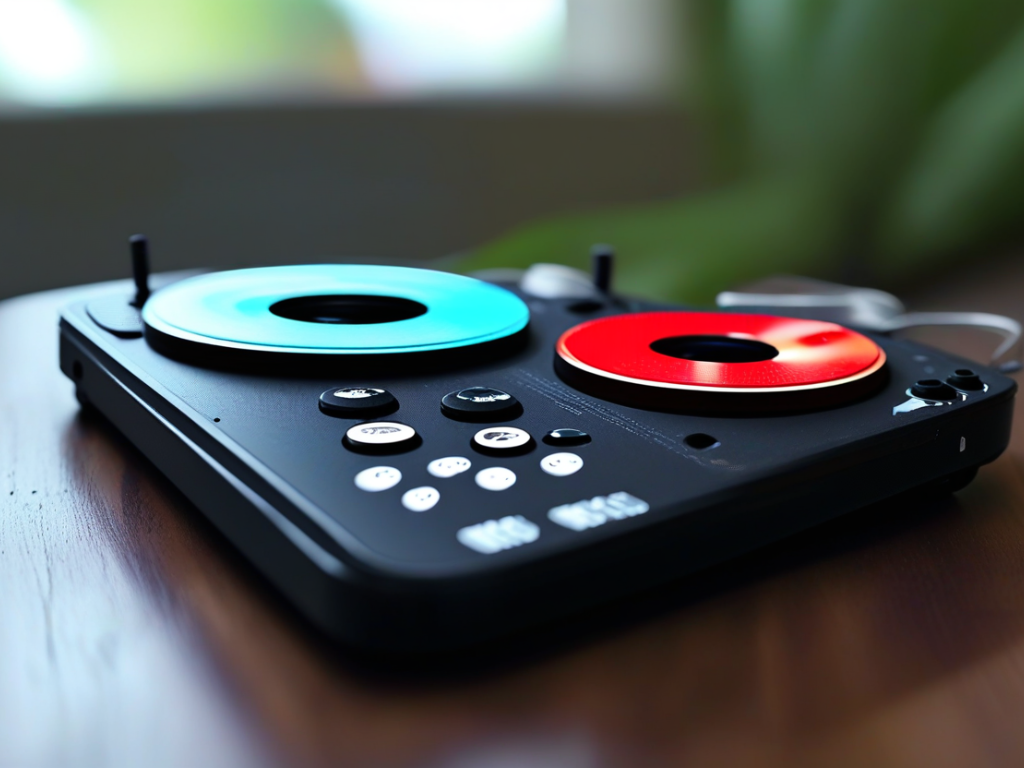In the realm of audio playback, the debate between lossless and lossy audio formats has long been a point of contention among music enthusiasts. The choice between these formats can significantly impact the quality of your listening experience on your music player. Understanding the differences, advantages, and drawbacks of lossless and lossy audio formats is crucial for making an informed decision that aligns with your preferences. Let’s delve into a detailed comparison of lossless and lossy audio formats to help you determine which is best suited for your music player.
In this article you will find:
- Lossless Audio: Preserving Sound Fidelity
- Lossy Audio: Balancing Quality and File Size
- Choosing the Right Format for Your Music Player
- Wrap-Up: Enhancing Your Listening Experience
Lossless Audio: Preserving Sound Fidelity
Lossless audio formats, such as FLAC (Free Lossless Audio Codec) and ALAC (Apple Lossless Audio Codec), retain the full quality of the original audio source. When you rip a CD to a lossless format, you get an exact replica of the music without any loss of data. This means that every subtle nuance, instrument, and detail in the recording is preserved, delivering a high-fidelity listening experience.
Lossless formats are ideal for audiophiles and music purists who prioritize sound quality above all else. If you have a high-end music player or a quality pair of headphones, opting for lossless audio can reveal the intricacies of a recording that may go unnoticed in a lossy format.
Lossy Audio: Balancing Quality and File Size
On the other hand, lossy audio formats like MP3, AAC, and OGG use compression algorithms to reduce file sizes by discarding some audio data. While this results in smaller file sizes that take up less storage space on your music player, there is a trade-off in sound quality. Lossy formats sacrifice some audio information to achieve compression, which can lead to a loss of clarity and depth in the music.

For listeners who prioritize convenience and portability, especially on devices with limited storage capacity, lossy formats are often more practical. The difference in sound quality may not be noticeable to casual listeners or when using lower-end audio equipment.
Choosing the Right Format for Your Music Player
When deciding between lossless and lossy audio formats for your music player, consider your listening environment, playback equipment, and personal preferences. If you are an avid music lover who values pristine sound reproduction and enjoys critical listening sessions, investing in lossless audio files may be the way to go.
However, if you primarily listen to music on-the-go, through streaming services, or on devices with limited storage, opting for lossy formats can provide a good balance between quality and practicality.
Wrap-Up: Enhancing Your Listening Experience
Ultimately, the choice between lossless and lossy audio formats comes down to your individual needs and priorities as a listener. Whether you opt for the uncompromising quality of lossless formats or the convenience of smaller file sizes with lossy formats, what matters most is that you enjoy your music to the fullest.
By understanding the distinctions between these two types of audio formats and how they impact your music player experience, you can make informed decisions that elevate your listening enjoyment. Experimenting with different formats, conducting A/B comparisons, and trusting your ears are all valuable steps in discovering what works best for you and your music collection.

